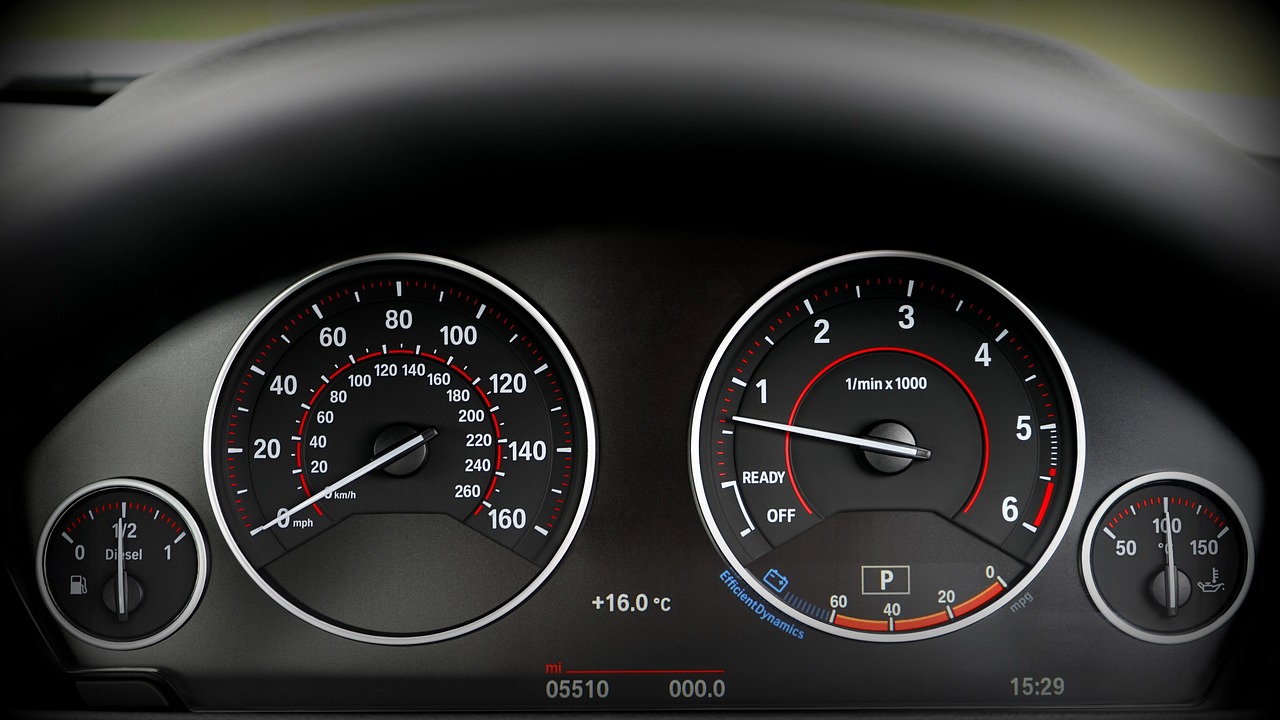
IRS Mileage Log Substantiation
A Guide to Avoiding Denied Vehicle Expense Deductions
Taxpayers who lack adequate mileage logs often have their vehicle expense deductions disallowed by the IRS and the U.S. Tax Court. Under Internal Revenue Code Section 274(d), deductions for vehicle use are subject to strict substantiation rules that cannot be met with insufficient, recreated, or unreliable records. Section 274(d) provides unless the taxpayer substantiates by adequate records or by sufficient evidence corroborating the taxpayer’s own statement (A) the amount of such expense or other item, (B) the time and place of the travel, (C) the business purpose of the expense or other item, and (D) the business relationship to the taxpayer of the person receiving the benefit, the amount may not be deducted. The IRS details these requirements in Publication 463, which states that a mileage log must be "contemporaneous" (created at the time of the trips) and include the date, mileage, destination, and business purpose for each trip. Logs that are created after the fact, estimated, or lack key details will not satisfy these rules.
Key IRS and Tax Court Rulings
Chappell v. Commissioner, T.C. Summary Opin. 2024-2
In this recent case, the Tax Court denied the taxpayer's deduction based on the *actual expense* method because of inadequate records. However, the court permitted a deduction using the standard mileage rate for the business trips that were properly documented and substantiated, in part through use of a mileage tracking app. This case underscores a critical point: even if some records are flawed, maintaining a reliable, contemporaneous mileage log—such as one produced by a mileage tracking app—can be accepted by the court as sufficient evidence to substantiate deductions under the standard mileage method, preventing a total disallowance of vehicle expenses.
Cohan v. Commissioner, 39 F.2d 540 (2nd Cir. 1930)
This seminal case established what is generally referred to as the "Cohan rule," which allows the Tax Court to approximate deductible business expenses when records are incomplete. However, this rule does not apply to vehicle expenses, which have a stricter, specific substantiation requirement set forth under Internal Revenue Code Section 274(d) and the regulations issued thereunder. See Treas. Reg. § 1.274-5T ("This limitation supersedes the doctrine found in Cohan v. Commissioner, 39 F. 2d 540 (2d Cir. 1930). The decision held that, where the evidence indicated a taxpayer incurred deductible travel or entertainment expenses but the exact amount could not be determined, the court should make a close approximation and not disallow the deduction entirely. Section 274(d) contemplates that no deduction or credit shall be allowed a taxpayer on the basis of such approximations or unsupported testimony of the taxpayer. ")
Craddock v. Commissioner,T.C. Summary Opin. 2023-14
The Tax Court disallowed the taxpayer's claimed car and truck expenses because the taxpayers failed to meet the strict substantiation requirements of Internal Revenue Code §274(d). Their mileage log was inconsistent and lacked corroborating evidence, with discrepancies between travel dates and fuel purchases and no clear distinction between business and personal or commuting miles. As a result, the court could not determine which mileage, if any, was for deductible business use, and the entire deduction was denied.
Eze v. Commissioner, T.C. Memo. 2022-83, aff'd, No. 23-1062 (4th Cir. 2023)
A taxpayer attempted to deduct expenses for two business vehicles but was denied because he failed to provide the necessary documentation. The case emphasized that a contemporaneous diary or log is required, detailing the date, mileage, destination, and business purpose of each trip. The case also noted that Section 274(d)(4) sets forth heightened substantiation requirements (and overrides the Cohan rule) with respect to passenger vehicles.
Abelitis v. Commissioner, T.C. Memo. 2014-93
The Tax Court disallowed car and truck expenses because the taxpayer failed to meet the strict substantiation requirements of §274(d). He claimed over 129,000 business miles but lacked contemporaneous mileage logs, odometer readings, or credible documentation, and his extensive travel was inconsistent with his full-time job and minimal business income. The court found his records unreliable and his testimony not credible, so no deduction was allowed.
Reconstructed Mileage Logs
Multiple cases confirm that taxpayers who try to reconstruct mileage logs after an audit has begun will lose the deduction. Reconstructed logs are not considered contemporaneous and do not meet IRS standards. See Renner v. Commissioner, T.C. Memo. 2015-102; Velez v. Commissioner, T.C. Memo. 2018-72(reconstructed mileage log from iPad calendar not accepted by Tax Court.).
Common Taxpayer Errors That Lead to Denied Deductions
- Estimates, not actual records: Claiming approximate or rounded mileage figures, rather than actual readings, is a red flag for the IRS.
- Reconstructing records after the fact: Creating a log from memory or from outside sources (like Google Maps) is not a contemporaneous record and is often rejected.
- Incomplete logs: Logs that lack key information—such as the date, destination, miles driven, business purpose for each trip or who the taxpayer met or visited—will be rejected. Vague entries like "travel for work" are not specific enough.
- Commingling personal and business miles: Failing to differentiate personal errands from business travel can lead to denied deductions.
- Inconsistencies: The IRS will deny deductions when a log contains mathematical errors or inconsistencies with other supporting documents, such as vehicle service records.
Best Practices for Mileage Records

To avoid having mileage deductions disallowed, taxpayers should maintain a meticulous, contemporaneous log that includes:
- Date: The date of each business trip.
- Starting and ending locations: The origin and destination of each trip.
- Business purpose: A detailed description of the business purpose for each trip.
- Mileage: The exact miles driven for each trip.
- Odometer readings: The odometer reading at the beginning and end of the tax year.
Automated mileage tracking apps like the Standard Mileage App can help ensure these records are kept accurately and contemporaneously, meeting IRS requirements.
Defend Your Mileage Deduction
Don't rely on inadequate records. Use the Standard Mileage App to create a defensible, GPS-based log of your mileage.
Sign up for a free 60-day trial and start tracking today.
This material is provided for informational purposes only, and is not intended to provide, and should not be relied upon for, legal, tax or accounting advice. If you have any legal or tax questions regarding this content or related issues, then you should consult with your professional legal, tax or accounting advisor.

